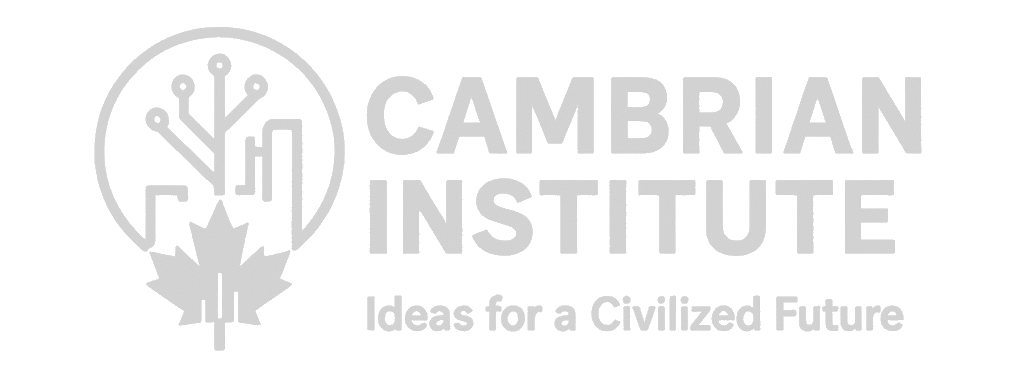In today’s fractured information landscape, there’s a growing belief that everyone is entitled to their own facts. That all opinions – no matter how informed or uninformed – should be treated with equal weight. Social media feeds and comment sections are flooded with declarations that begin, “Well, in my opinion…” as if that were the final word.
Let’s be clear: everyone deserves a voice. A society that silences dissent or minority perspectives is neither healthy nor democratic. But we must distinguish between the right to speak and the credibility of what is said. One is about freedom. The other is about truth.
Not All Opinions Are Equal
The hard truth is this: not all opinions are created equal.
If your doctor tells you your blood pressure is dangerously high, and your neighbor says, “Nah, you look fine to me,” you don’t weigh both opinions equally. You trust the one grounded in knowledge, training, and evidence. That’s not elitism. It’s wisdom.
Yet when it comes to climate science, public health, economics, or education, we often see experts shouted down by individuals whose arguments are based on little more than internet rabbit holes or ideological reflexes.
This isn’t just annoying. It’s dangerous.
The Crisis of Equivalence
Part of the problem is cultural. We’ve spent decades promoting the idea that everyone’s voice matters – which is true. But somewhere along the way, that morphed into the idea that all views are equally valid – which is not.
We’ve confused representation with expertise, and in doing so, we’ve eroded the authority of disciplines that are essential to a functioning society. Epidemiologists aren’t just “people with opinions” about viruses. Engineers aren’t just “guessing” about infrastructure. Historians don’t “feel” what happened in the past – they study it.
Respecting experts doesn’t mean blindly following them. It means acknowledging the difference between informed judgment and speculation. It means listening more carefully to those who have earned the right to be heard.
Everyone Has a Voice, But Not Every Voice Leads
This doesn’t mean silencing people. Far from it. Open dialogue is critical. Diverse lived experiences and local knowledge are invaluable. But there is a line between inclusion and indulgence – between acknowledging someone’s right to speak and pretending their claims are on par with peer-reviewed research.
In short: everyone has a right to be heard, but not everyone should be heeded.
Democracy thrives when we amplify the voices of people and honor the insights of expertise. The key is knowing when to speak, when to listen, and when to question our own assumptions.
Because truth is not democratic. Reality doesn’t care how many likes or shares something gets. And facts do not bend to feelings.
Let’s protect free expression – and reclaim our respect for those who have spent their lives learning, testing, and working to understand the world. We don’t have to agree with every expert. But we do need to stop pretending that expertise and opinion are the same thing.
